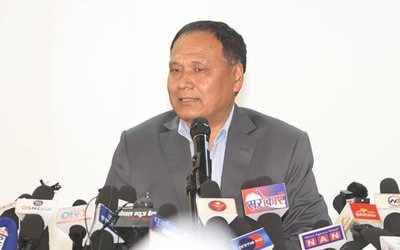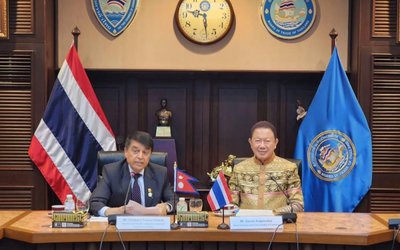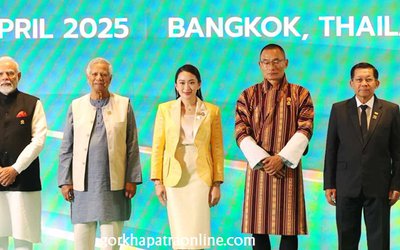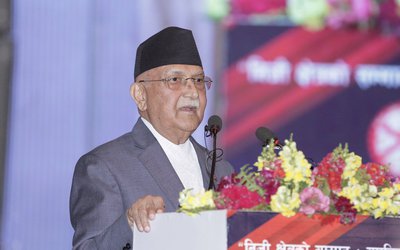More on Economy




“Results of economic and political reforms depend on how strong institutional mechanisms the country has. The reform is all about the institutional capabilities. Without institutional back up, the reform is impossible. One must understand the institutional capability of a particular country before deciding on reform,” said former Polish deputy prime minister of finance professor Grzegorz W. Kolodko.
Organized by the World Bank in collaboration with the Public Administration Association of Nepal, Polish professor Kolodko highlighted the process of economic and political reforms in a talk program on systematic transformation in East Central Europe: Lessons for Developing Countries.
“I found one major similarity between Nepal and England when I was walking in the street. Like on the roads of England, the cars are moving on the left and there was a presence of traffic as well as the road signs and signals. The reality in Nepal is that no one is following the traffic rules while in driving and people are crossing the road from here and there. Finally, traffic police, who is supposed to regulate the road, too is watching all these helplessly. This kind of a situation is impossible in England where one is subject to penalty in case of such acts,” said professor Kolodko.
According to him, there is the need of institutional support to any reform and change. Like on the roads of Kathmandu, where the institution of traffic is too weak, the situation of traffic is not going to improve any time soon. This also applies to political and economic reforms as well.
“Privatization and liberlization are good in the country where institutional set ups are strong. Otherwise, these reforms will be counter productive,” said professor Kolodko. “Despite several pressures from all fronts, we have decided not to go for amendment of Polish Constitution which was formulated during the power sharing with communists. We don’t want to open Pandora’s Box in the name of amendment,” said professor Kolodko.
Introducing the former Polish Minister, Ms. Susan Goldmark, country director of the World Bank-Nepal, said Professor Grzegorz Kolodko is a person with vast experience. Similarly, general secretary of PAAN Krishna Gyawali highlighted the importance of talks by such a noted person.
President of PAAN Vidyadhar Mallik highlighted Nepal’s painful process of economic and political reforms under which, he said, Nepal is heading towards devastation.President of PAAN Vidyadhar Mallik highlighted Nepal’s painful process of economic and political reforms under which, he said, Nepal is heading towards devastation.




